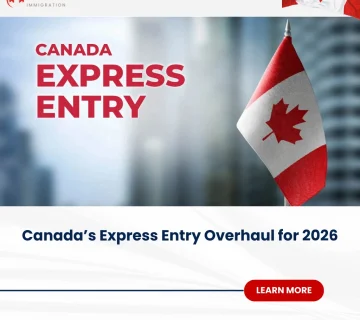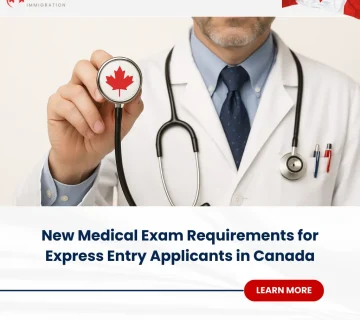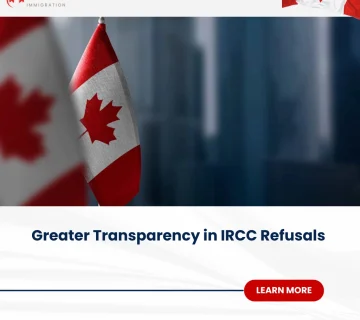A New Call to Action: Canada’s Chance to Welcome U.S. Health Experts
As American healthcare workers face growing uncertainty due to job instability and political tensions, a new opportunity is emerging for Canada to act decisively. Dr. Joss Reimer, President of the Canadian Medical Association (CMA), is urging both federal and provincial governments to pave a smoother path for U.S. medical professionals seeking a more stable future north of the border.
“This is a rare moment,” Reimer stated. “Skilled health workers are actively looking to move – Canada should be ready to receive them.”
The biggest obstacles? Immigration red tape and medical licensing challenges. Dr. Reimer is calling on Immigration, Refugees and Citizenship Canada (IRCC) to speed up visa processing and reduce bureaucratic delays. She also emphasizes the role of provinces in aligning with regulatory bodies to ease licensing for U.S.-trained physicians.
Progress is already visible. Provinces such as Ontario, British Columbia, Nova Scotia, and New Brunswick have initiated accelerated licensing pathways. In Nova Scotia, this has translated into real results, with 15 American doctors expected to join within the coming year.
Meanwhile, Manitoba and Saskatchewan have entered the race, launching campaigns to attract U.S. professionals. Saskatchewan even referenced the U.S.’s “unstable political climate” as a driver for its recruitment strategy.
Beyond administrative convenience, Dr. Reimer highlighted Canada’s healthcare strengths: universal coverage, less paperwork, and a care model driven by medical need rather than financial capacity. While U.S. salaries might seem higher, the Canadian system offers more stability, lower legal risks, and fewer insurance hassles.
With over 23,000 unfilled family doctor positions and millions of Canadians without a family physician, Dr. Reimer stressed the urgency: “We must put health care at the forefront of our national priorities. This is a golden chance to fill a critical gap.”

Impact of These Changes on Iranian Immigrant Physicians
With Canada easing immigration and licensing pathways for U.S.-trained doctors, Iranian physicians—especially those based in the United States—stand to benefit significantly. Here’s how these policy shifts may impact the Iranian medical community:
-
Faster Pathways for Iranian Physicians in the U.S.
Iranian-born doctors who currently live and practice in the United States or hold U.S. board certification now have a unique opportunity to transition more quickly into the Canadian healthcare system. Provinces like Nova Scotia, Ontario, and B.C. are already accepting U.S. credentials without extra training requirements.
-
Setting a Precedent for Iranian Doctors Abroad
The success of Iranian American physicians in entering Canada could pave the way for future accommodations for internationally trained doctors—including those trained in Iran—if the demand continues to rise.
-
Increased Government Focus on Immigrant Talent
As the physician shortage in Canada grows, federal and provincial governments may expand or adapt current immigration programs to make them more inclusive for other foreign-trained professionals, including Iranians.
-
Stronger Prospects Under Provincial Nominee and Pilot Programs
Programs like the Atlantic Immigration Program, Rural and Northern Immigration Pilot, and physician-specific PNP streams in Newfoundland or Alberta could become viable options for qualified Iranian doctors seeking permanent residence and employment in underserved regions.
-
Higher Competitiveness for U.S.-Certified Iranian Doctors
Those with American board certification are now more competitive than ever. With several Canadian provinces recognizing U.S. qualifications, these doctors may bypass many of the licensing barriers that previously slowed immigration.
Resource: www.immigration.ca





